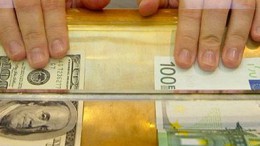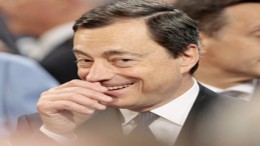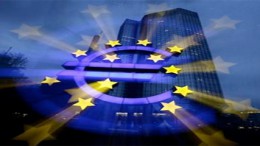Euro area: Weak growth and low inflation put debt sustainability at risk
LONDON | By Barclays analysts | Although Q3 GDP data for euro area countries indicated growth for the second consecutive quarter, thereby confirming the end of the recession after six quarters of GDP contraction, it also showed the recovery to be subdued, uneven, and fragile.





